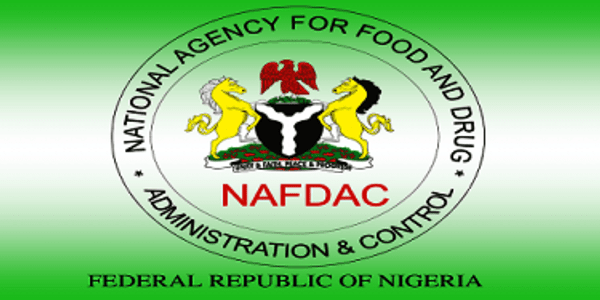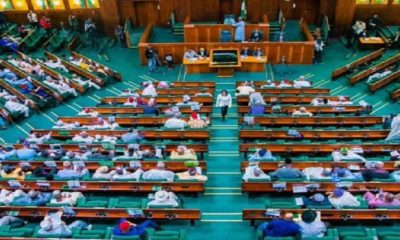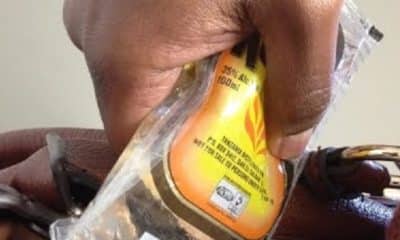Nigeria News
Sachet Alcohol Ban Could Result In 500,000 Job Layoffs – NUFBTE

The Food Beverage and Tobacco Senior Staff Association (FBTSS) and the National Union of Food Beverages and Tobacco Employees (NUFBTE) have voiced apprehensions over the possibility of more than 500,000 workers facing unemployment.
This concern arises from the prohibition on the sale and consumption of alcohol packaged in sachets and polyethene terephthalate (PET) bottles.
Naija News reports that the National Agency for Food and Drug Administration and Control (NAFDAC) has begun the enforcement of the ban on the importation, manufacture, distribution, sale, and use of alcoholic beverages in sachets, PET, and glass bottles of 200ml and below.
These associations voiced their apprehensions yesterday during a protest held at the Lagos office of the National Agency for Foods and Drugs Administration and Control (NAFDAC).
The protesters urged the Federal Government to intervene and preserve the jobs of 500,000 Nigerians.
They outlined several economic drawbacks associated with the proposed ban and implored the government to reconsider its position.
The associations emphasized that this single measure could result in more than 500,000 breadwinners losing their jobs and entering the already oversaturated Nigerian labour market.
The associations lamented that this new policy could exacerbate existing challenges in the Nigerian economy, potentially resulting in the eventual closure of industries that produce these products.
During the protest, Vice Chairman, NUFBTE, Lagos Council, Emmanuel Idogien, said, “Most of our jobs are at stake. Many companies will fold up, especially those local industries that serve as raw materials to the producers.”
The associations emphasized that their employers have been law-abiding and socially responsible citizens, consistently paying substantial taxes amounting to billions of naira, thus contributing significantly to economic growth.
Furthermore, they have undertaken advocacy initiatives to educate the public about the dangers of excessive consumption and underage drinking.
They appealed to NAFDAC and the Federal Government to reconsider the complete ban on these products.
Instead, they suggested that the Agency focus on regulating the products and conducting public enlightenment campaigns, rather than implementing a blanket prohibition.
They likened the ban to discarding valuable resources along with undesirable ones.
“With this ban, counterfeiters and moonshiners will have a field day which will give rise to various health problems” they stated.











